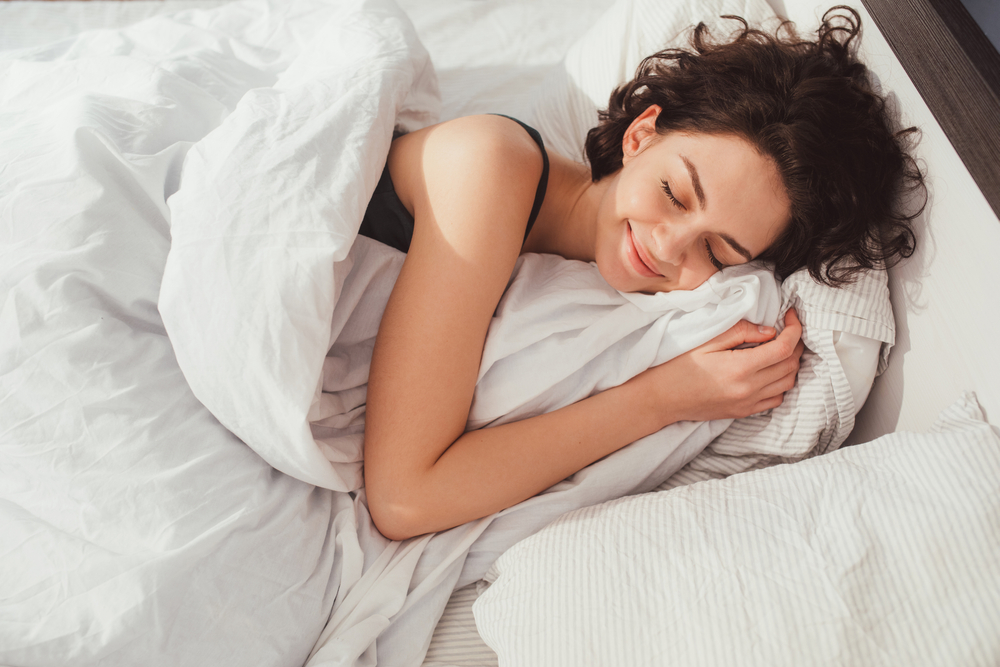
Eye health can be significantly influenced by our lifestyle choices. The food we eat, the amount of physical exercise we get, the quality of air we breathe, and the quality and quantity of sleep we get, all contribute to our overall eye health. Sleep provides this much-needed downtime for our eyes, allowing them to recover from the day's strain and prepare for the next day.
The Importance of Sleep for Eye Health
When we sleep, our body goes into repair mode. It heals damaged cells, boosts our immune system, and recharges the heart and cardiovascular system for the next day. All these processes have a direct or indirect impact on our eye health.
Our eyes are constantly exposed to environmental stressors such as dust, dry air, and harmful blue light from digital screens. Sleep is the time when our eyes get a break from these stressors and rejuvenate. The tear glands and the cells of the cornea, the transparent front surface of the eye, get rest and replenishment during sleep. Essential nutrients are delivered to the eye tissues during sleep, aiding in their repair and maintenance.
How Lack of Sleep Impacts Eye Health
Sleep deprivation can lead to a condition called dry eye. This condition occurs when the quality or quantity of tears is unable to keep the surface of the eye adequately lubricated. It results in itching, redness, and sometimes blurred vision.
A consistent lack of sleep can also lead to twitching of the eyes, a condition known as myokymia. It's not harmful but can be quite annoying and interfere with your daily activities.
Tips for Improving Sleep for Better Eye Health
The connection between sleep and eye health is clear, and the good news is that improving our sleep habits can significantly enhance our eye health. Here are some tips to help you get better sleep and thereby improve your eye health.
Firstly, maintain a regular sleep schedule. Going to bed and waking up at the same time every day helps regulate your body's internal clock and can help you fall asleep and stay asleep for the night.
Secondly, create a restful environment. This means a cool, dark, and quiet room. Consider using room-darkening shades, earplugs, a fan, or other devices to create an environment that suits your needs.
Avoid screens before bedtime. The blue light emitted by phones, tablets, computers, and TVs interferes with our sleep. If you must use these devices, consider wearing glasses that block blue light or installing an app that reduces the amount of blue light emitted.
Conclusion
Sleep plays a pivotal role in maintaining our eye health. When we compromise on our sleep, we risk damaging our eyes and impairing our vision. However, by understanding the importance of sleep and taking steps to improve our sleep habits, we can significantly enhance our eye health and overall well-being.
For more information on the impact of sleep on eye health, contact City Eyes Optometry Center at our office in Sherman Oaks, California. Call (818) 960-1300 to schedule an appointment today.



